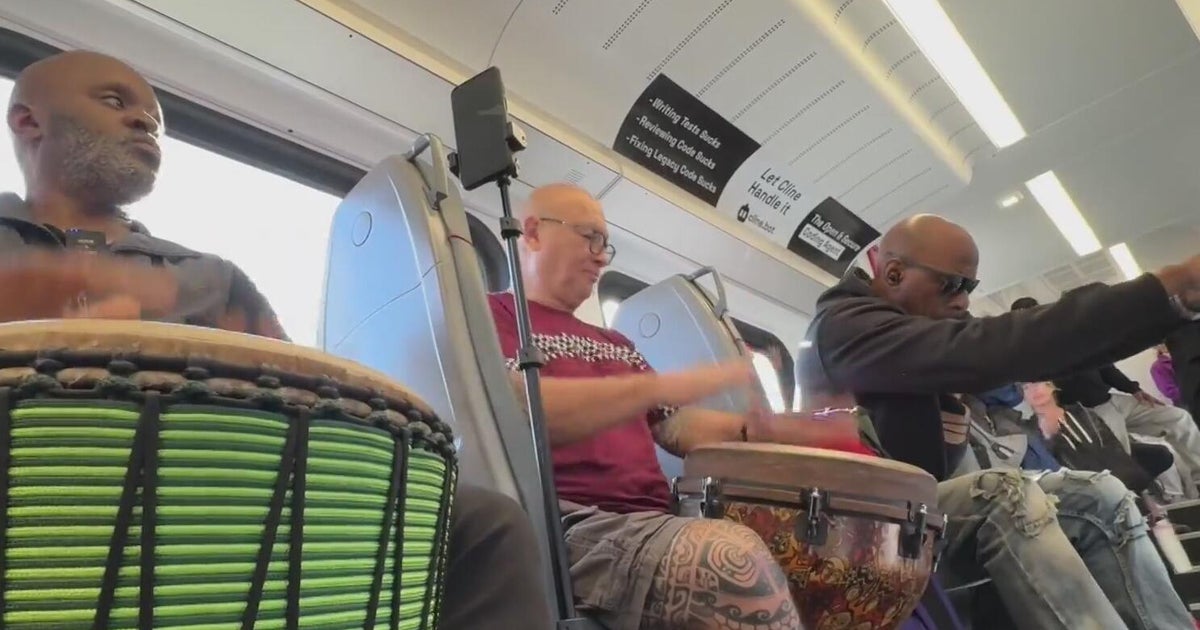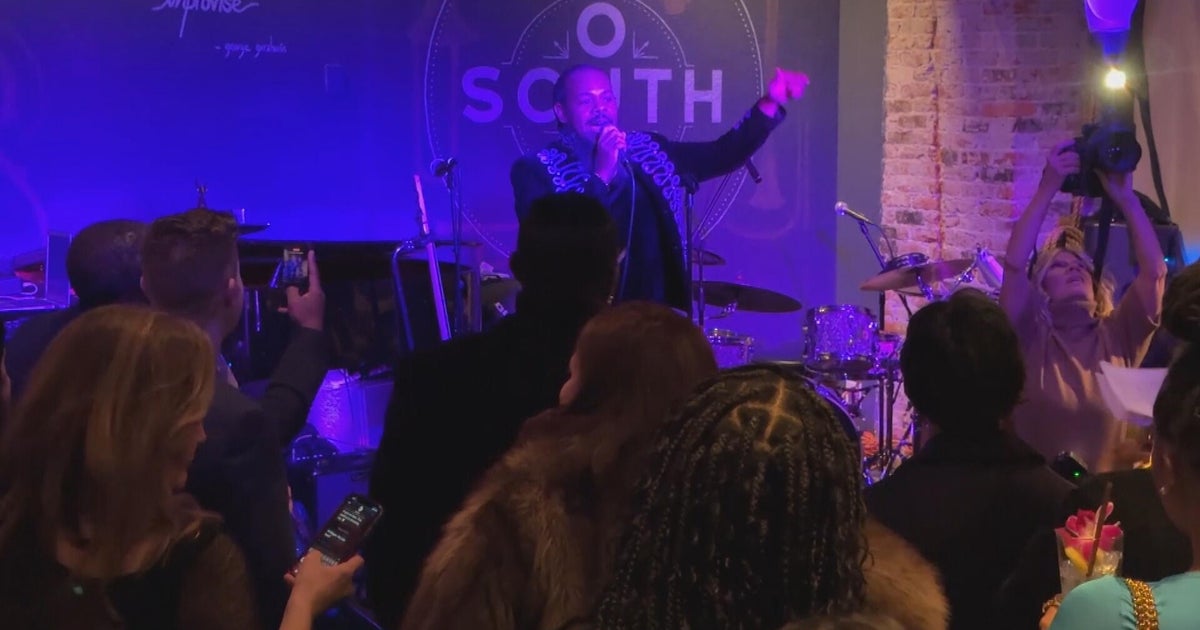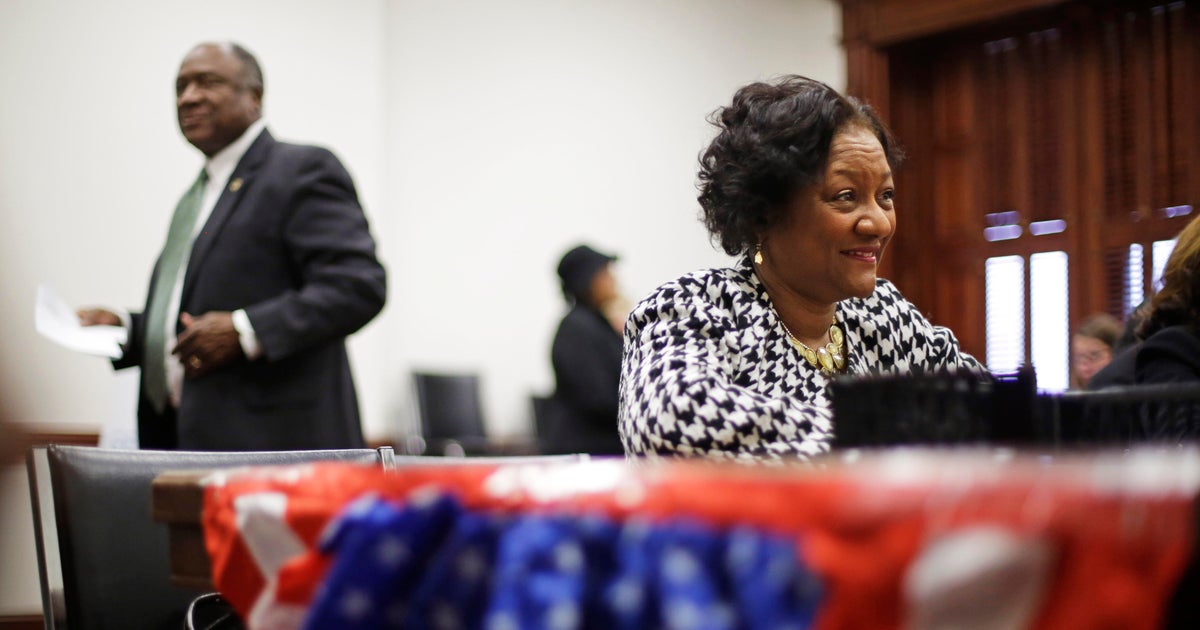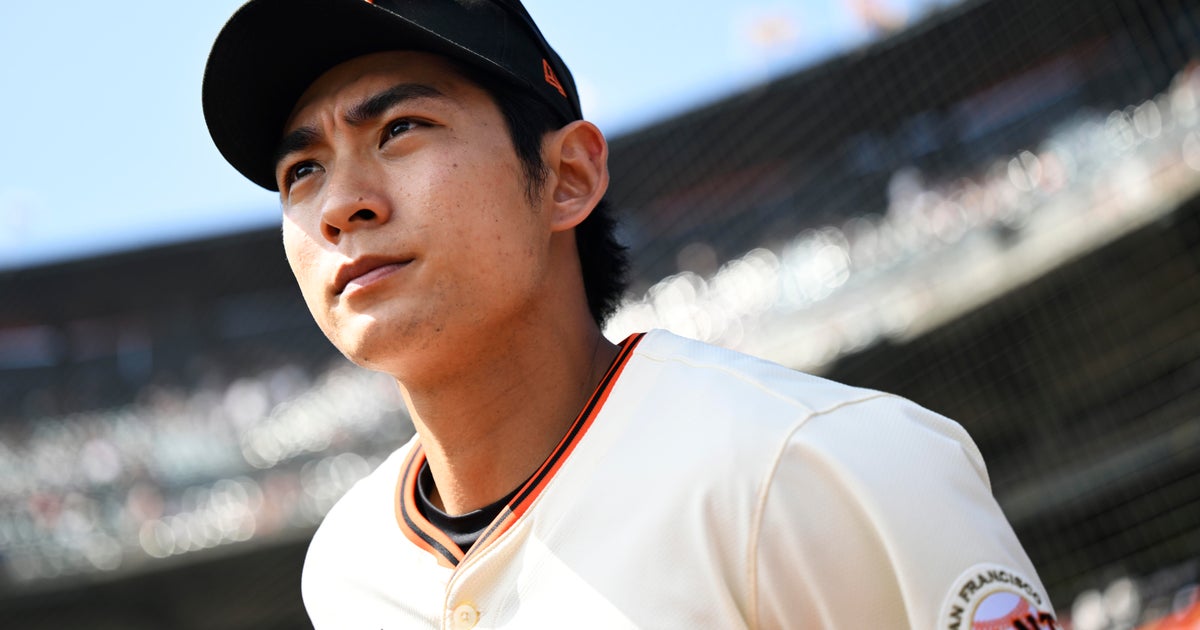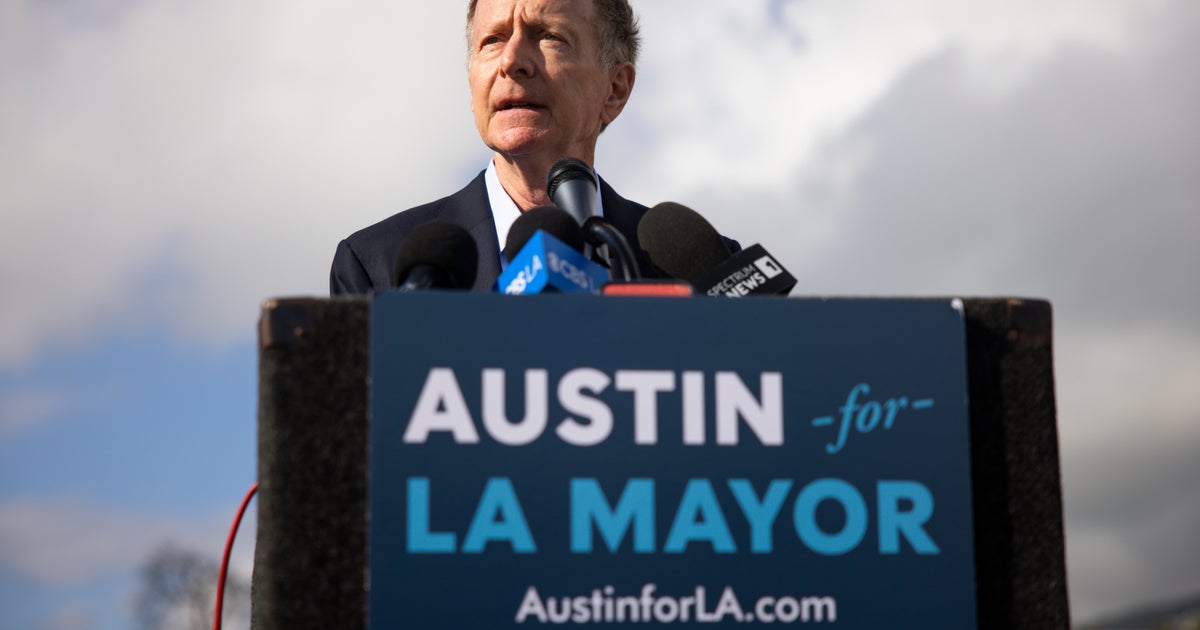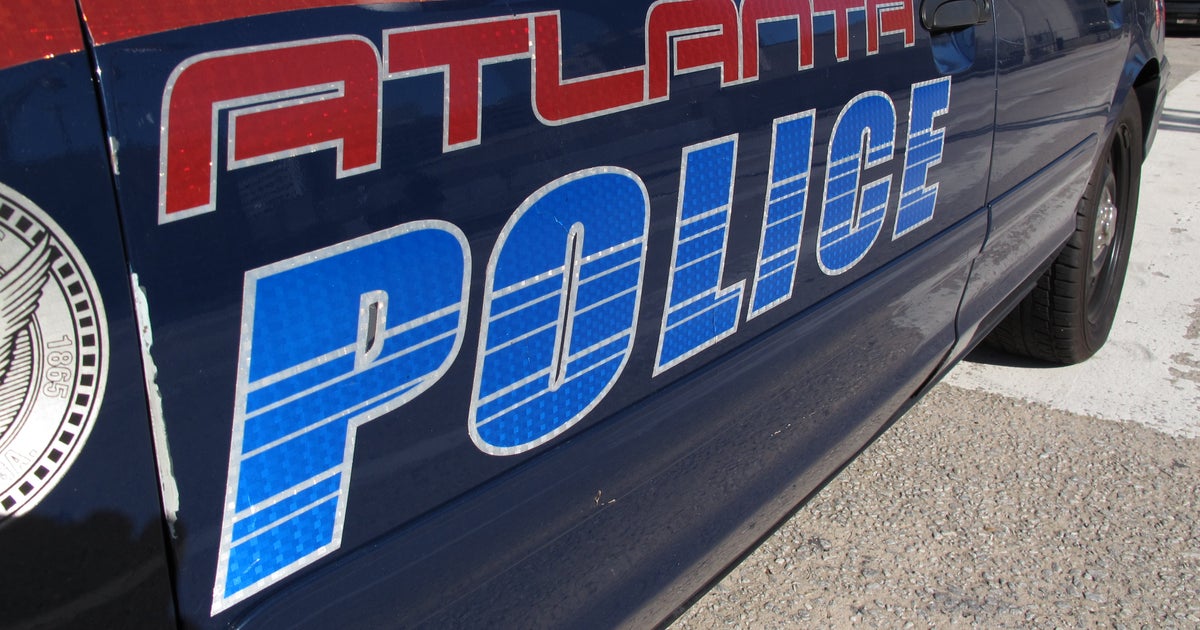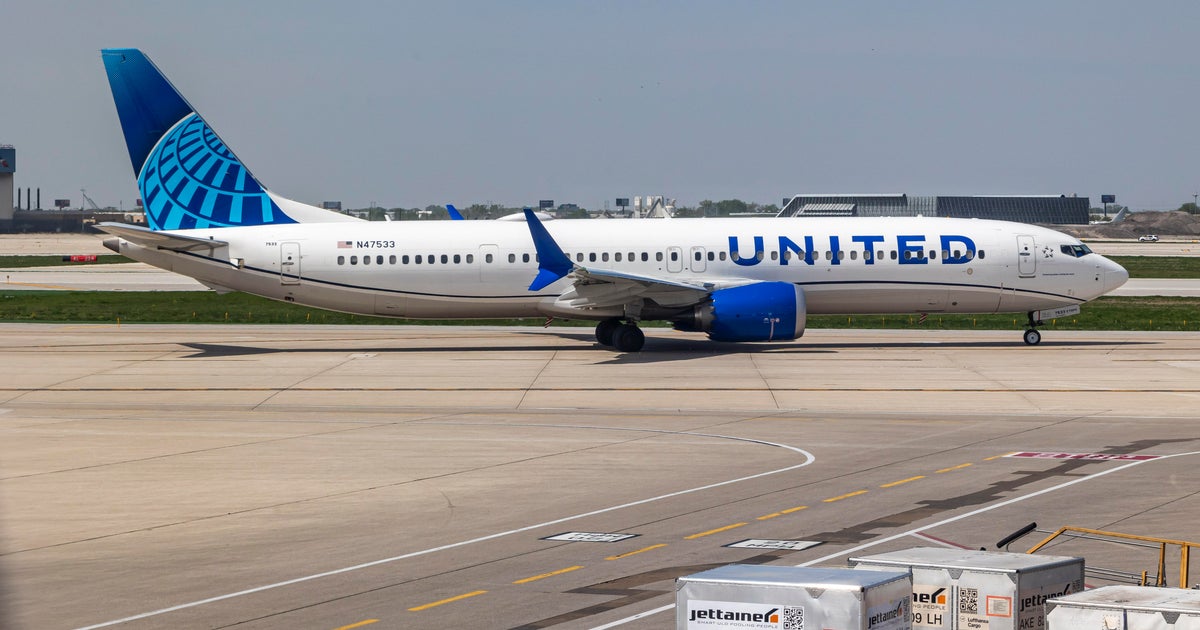With Omicron Still Looming, Death Angel Readies Return to Live Performance
By Ryan Yamamoto and Molly McCrea
SAN FRANCISCO (KPIX) -- Before the pandemic, the nightlife industry in the Bay Area was a major contributor to the local economy. Now, the highly contagious omicron coronavirus variant poses a new threat.
Bay Area thrash metal titans Death Angel are preparing to headline a hometown live show on Jan. 22, their first since the pandemic began . The show at the Great American Music Hall in San Francisco is already sold out
The group has been practicing in their Oakland studio for weeks.
"I can't wait. I'm just counting the days," said drummer Will Carroll.
"It's where I get my greatest joy and my greatest relief, and it's what I do," added singer Mark Osegueda.
RELATED: Thrash-Metal Heroes Death Angel Headline Great American Music Hall
The guys can't wait to get in front of a live audience.
"We need a big crowd to perform -- usually a pretty big crowd," said lead guitarist Rob Cavastany, with a smile.
COVID-19 has been brutal for the Grammy-nominated Bay Area band.
Before the virus was declared a pandemic, Death Angel embarked on a European tour with fellow Bay Area thrash-metal bands Testament and Exodus. During the tour, the virus began to spread rapidly where they were performing or set to perform. Shows got canceled and many on the tour got infected.
After the band returned home to San Francisco, Will Carroll got so ill he was put on a ventilator and nearly died.
Now the threat of further lockdowns and COVID restrictions pose daunting challenges for a group that thrives when playing to a stoked crowd of fans.
"That's our livelihood, our income and our lifestyle. When the pandemic happened, everything shut down: no shows, no performances. Not even getting together to practice," said rhythm guitarist Ted Aguilar.
Before the pandemic, the nightlife industry in the Bay Area was a huge contributor to the economy. According to one report, San Francisco venues alone brought in $4.2 billion dollars in a single year.
With each new COVID wave, there's a troubling surge of concerns about possible closures.
"The impact on all venues was completely devastating," said Lynn Schwartz, part owner and head booker of San Francisco's Bottom of the Hill, a legendary live venue known for hosting innovative musical talent.
Because of the pandemic, she told KPIX that local music clubs formed collectives like the Independent Venue Alliance and then lobbied for critical life-saving grants.
Now, the highly contagious omicron variant poses a new threat,
"That's a real kick in the pants because we were finally feeling like ... going back to normal and our businesses starting to take off again. And then, all of a sudden, it's 'Oh no!'" Schwartz sighed.
Death Angel bassist Damian Sisson knows the heartache. He has seen it in the clubs where he plays. Sisson and Carroll were recently at the Bottom of the Hill, playing a set with their other band known as Scarecrow.
"There are people who are still living paycheck-to-paycheck and they need to be able to work their jobs," Sisson said.
Some clubs in the Bay Area have closed due to the pandemic. Others have hit the pause button anew as omicron continues to surge.
There are bands that were booked who became uncomfortable playing and canceled. Some ticket-holders don't show up.
That makes it hard to pay the service and hospitality staff. Fewer patrons means less money for the bands, less revenue for the bar and fewer tips for those who work the event.
"If a show gets canceled, that's a whole lot of people losing shifts." explained musician, booker and bartender Katie Rose. Recently, she had to take eight people off their shifts, meaning an already-vulnerable set of workers remained in a financially precarious situation.
"We rely on an attendance to exist, to survive," Rose said.
Katie is part of a wildly popular "death doowop" band called Nobody's Baby. She never intended to work a 9 to 5 job. But with this pandemic, she is working double shifts and wonders if she will have to go back to school to learn a new skill.
"Never before in all of my life have I been so scared that everything I know and love is going to go away," she said.
In San Francisco, government and public health officials recently held a press conference. They told reporters that they are keeping a close eye on the omicron surge and its impact on local hospitals. So far, no further shutdown of clubs and night venues is foreseen.
"Our intention is not to impose additional restrictions," said San Francisco Public Health Director Dr. Susan Philip.
Bay Area night clubs and live venues are collectively holding their breath.
"Everything is unknown. We just take it one day at a time," explained Fred Barnes. Barnes is the general manager and talent buyer for the Great American Music Hall.
Patrons who enter his club -- in fact any club in San Francisco -- are required to show proof of vaccination and government-issued photo ID, wear a mask unless eating or drinking and get a temperature check.
"We're so thankful to be able to come back and do shows, and we've been doing them incredibly safely," Barnes said.
One Bay Area infectious disease specialist told KPIX that it's time to go back to the clubs and to support these workers.
"They did everything right, they got vaccinated," exclaimed UCSF's Dr. Monica Gandhi.
Dr. Gandhi said vaccines are the key.
"They were the key to unlock normalcy. So thank you Bay Area for having such high vaccination rates!" she said.
Dr. Gandhi explained that the earlier shutdowns were necessary because there was no vaccine.
She is monitoring the situation at her hospital Zuckerberg San Francisco General. She told KPIX that those who are sick and hospitalized are the unvaccinated.
"If you're fully vaccinated and are boosted, you are fine. You have fun and enjoy yourself," she said.
"Fingers crossed, it will actually happen. It's going to be a very magical fun night," Will Carroll said. The show is sold out, but tickets are still available on the official Death Angel website to watch the event's live stream.
